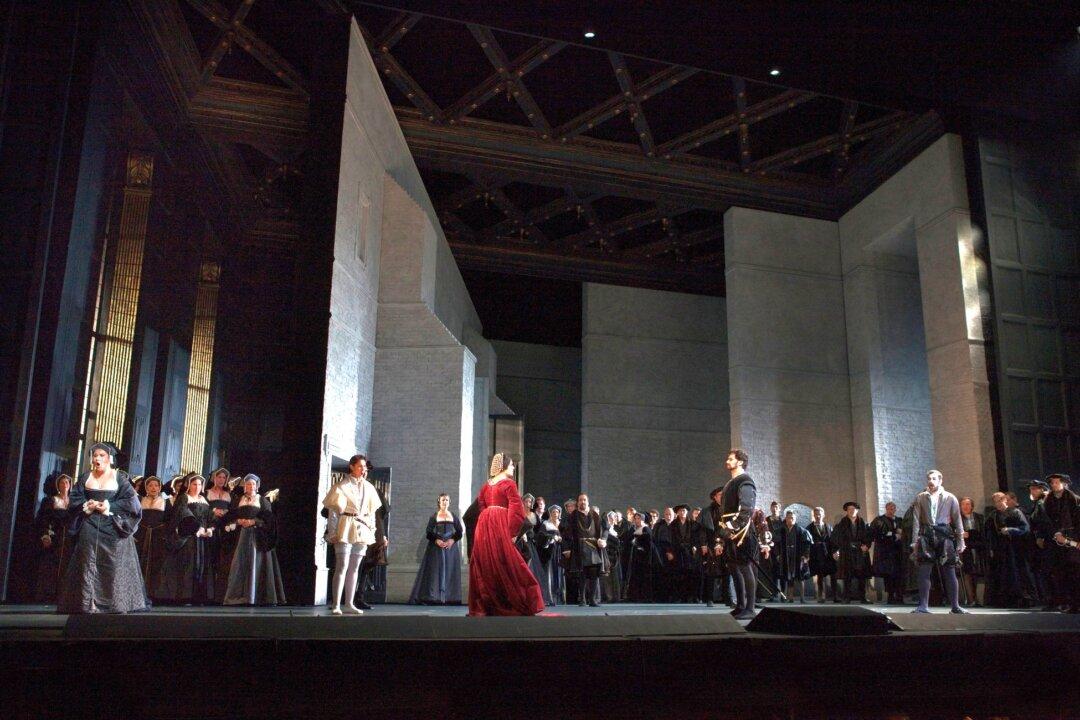The Metropolitan Opera is opening its season with Verdi’s “Otello.” Although it has been staged here for over a century, there will be one difference: The title character will not appear with dark makeup. The events of recent months, especially the mass murder in Charleston, South Carolina, and the protests about the Confederate flag, have had an impact.
While no one who saw Plácido Domingo or Jon Vickers play the Moor of Venice would mistake it for minstrelsy, still seeing Caucasian actors in blackface evokes a painful part of our history. Banishing the practice is sensible.
The opera will undoubtedly retain its dramatic and musical clout: The title role will be played by tenor Aleksandrs Antonenko, who was an intense Don José in “Carmen” last season.






